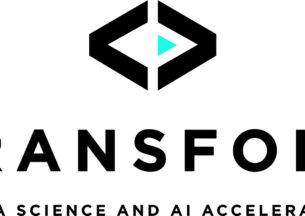Rebecca Willett (UChicago) - Leveraging Physical Models in Machine Learning
Leveraging Physical Models in Machine Learning
Machine learning, at its heart, is the process of learning from examples. However, in many scientific domains, we not only have training data or examples from which to learn, but also physical models of either the data collection mechanism or the underlying physical phenomenon. In this talk, I will describe two settings in which physical models can be incorporated within a machine learning framework to yield improved predictive performance. First, we will consider using training data to help solve ill-posed linear inverse problems such as deblurring, deconvolution, inpainting, compressed sensing, and superresolution. Recent advances in machine learning and image processing have illustrated that it is often possible to learn a regularizer from training data that can outperform more traditional regularizers. We will see that whether or how a forward model is leveraged can significantly impact how many training samples are needed to achieve a target accuracy. Second, we will examine using a combination of observational data and simulated data to improve subseasonal climate forecasts. Treating both types of data as co-equal training samples can bias many learning methods and yield misleading results. I will describe an alternative framework that combines observational data with a correlation graph that can be estimated from large ensemble climate model outputs, and we will see how this approach leads to more accurate forecasts. Finally, we will discuss open problems and future directions at the intersection of machine learning and the physical sciences.
Note: The seminar will take place at Argonne, but will be live-streamed in the Kathleen A. Zar Room of John Crerar Library for University of Chicago attendees.
Rebecca Willett
Rebecca Willett is a Professor of Statistics and Computer Science at the University of Chicago and Faculty Director of AI at the Data Science Institute. Her research interests include network and imaging science with applications in medical imaging, wireless sensor networks, astronomy, and social networks.













